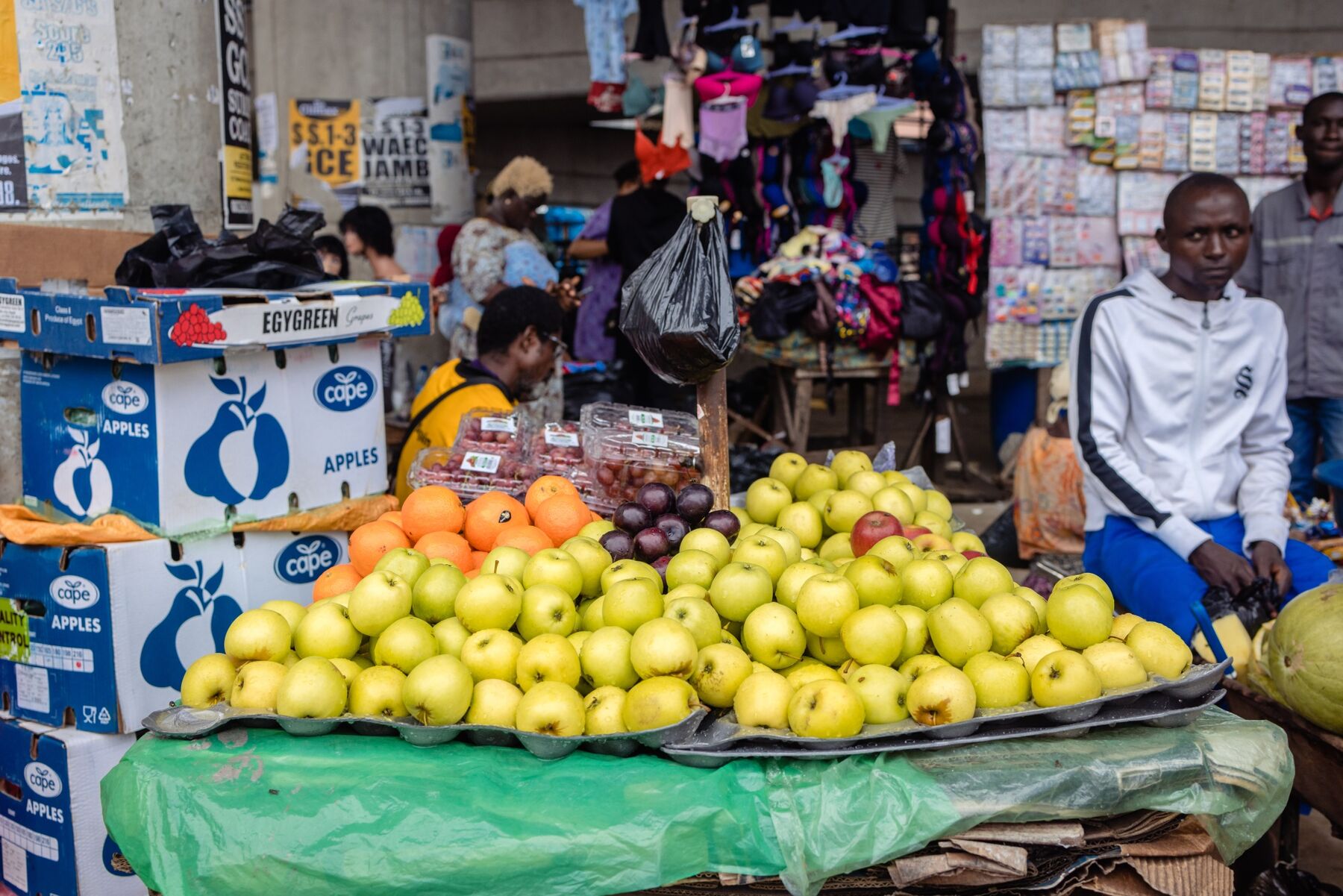
Nigeria’s inflation rate has slowed for the second consecutive month, driven by a drop in food prices due to the ongoing harvest season. According to the Nigerian Bureau of Statistics (NBS), August’s headline inflation rate stood at 32.15%, down from 33.40% in July. Food inflation also decreased to 37.52% from 39.53% in July 2024, providing some relief to Nigerians grappling with high living costs.
Despite this slowdown, Nigeria’s inflation remains far from the Central Bank of Nigeria’s (CBN) 21% target. The latest inflation figures could influence the CBN’s decision during its upcoming monetary policy committee (MPC) meeting on September 23, 2024. In June, the CBN raised interest rates to 26.25%, and analysts believe this new inflation data could prompt a pause in further rate hikes.
However, some economists are cautioning that rising fuel prices and a weakening naira could reverse the inflation trend in the coming months. In July, Nigeria increased fuel prices by 40% following two months of fuel scarcity, which the Nigerian National Petroleum Company (NNPC) attributed to outstanding debts owed to petrol suppliers. Samuel Onyenkanmi, an analyst at Norreberger, warned that “recent policy changes impacting petrol prices and the value of the naira could trigger an uptrend in the inflation rate.”
While the slowdown in inflation has provided temporary relief, challenges remain. In August, widespread protests broke out as citizens demanded a reduction in electricity tariffs and the reinstatement of fuel subsidies, a reflection of the growing discontent over the country’s economic policies.
Dumebi Oyewole, Senior Economist at Stears, emphasized that closer coordination between fiscal and monetary policies is essential to manage inflation and stabilize Nigeria’s currency. The coming months will determine whether inflation will continue its downward trajectory or if rising fuel prices and other external factors will push it back up.
